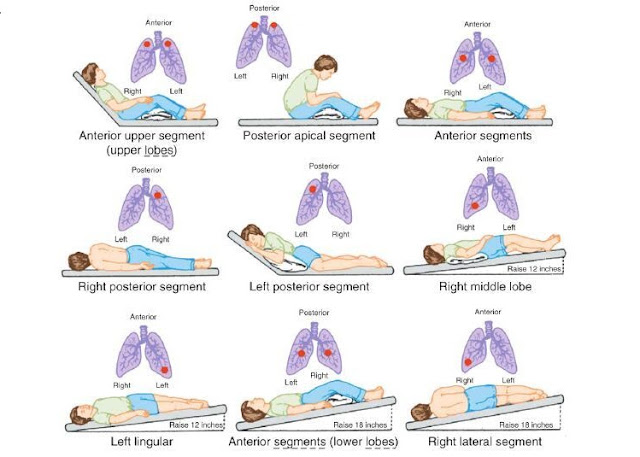Is hospice and palliative care required in the last days of life ?
Introduction: This concept of hospice is started in early 11 th century in Europe and later
entered into united states and also now practiced almost every part of the world.
Hospice are the places where the patients are been admitted for the last
days of treatment at hospitals, nursing homes and also at-home care. This
practice mainly focus on the emotional
and spiritual wellbeing of the patient
to cope up with comfortable and pain free rather than medical cure to
live there life fullest of the possible
Conditions
it can deal with:
Cancer, congestive
heart failure (CHF), chronic obstructive pulmonary disease (COPD), kidney
failure, Alzheimer’s, Parkinson’s, Amyotrophic Lateral Sclerosis (ALS), Dementia,
breast cancer
Palliative care includes:
Pain management, sleep troubles,
nutritional guidance, trauma,
depression, anxiety, breath, constipation also includes physical therapies and
emotional guidance
Importance
of nurses in palliative care:
Palliative care nurses on team with other
health providers, such as social workers, physicians, and interdisciplinary
team with highly expertise and talented professionals work together. Nurses
working with the patient are the most primary people in this treatment either
medical or natural aspects of the patient. They can spend their much of their
time not only with patient but also with the families so that they can give
required support to them on course of actions and treatments going on and
support them in making decisions on end life issue’s , as well to to support
after death
Pediatric palliative care
According to the world
health organisation, palliative care for children is active and total care of
child’s body, mind and spirit unlike the care for old age patients it also have several challenges and
limitations so team of interdisciplinary medical experts are required for this
care with the support of the family and some self-help groups
Conclusion:
The main focus and
scope of quality of human life has increased since the 1990s. Approximately in United
States today, 60% of the hospitals offer palliative care programme. And a
dedicated health care teams are specifically geared towards palliative care
treatment
Physicians treating
patients do not always receive required support from people they are treating,
family members, and social peers. According to the recent survey more than half
of the doctors have received extreme comments as from family or other professionals
had characterised their work as murderer or killer of the patient




Comments
Post a Comment